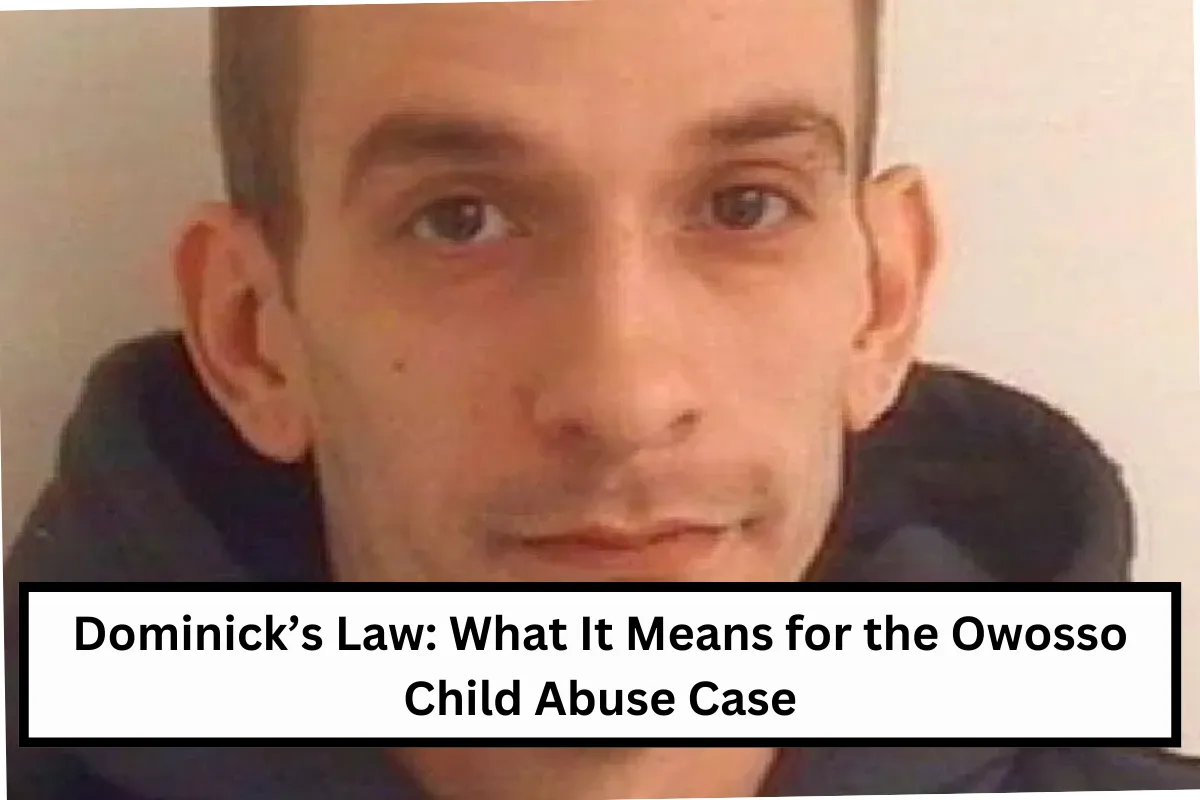In a tragic case involving child abuse, officials in Owosso, Michigan, plan to prosecute a man under Dominick’s Law. This law, established to increase penalties for severe cases of child abuse, especially where harm or death occurs, could mean harsher consequences for the accused. The incident has brought attention to Dominick’s Law and its significance in protecting children and ensuring justice in cases of abuse.
What Is Dominick’s Law?
Dominick’s Law was enacted in Michigan in 2013 to honor Dominick Calhoun, a four-year-old boy who died as a result of severe abuse. Named in his memory, the law seeks to impose stricter penalties on individuals convicted of severe child abuse,
especially when the abuse results in serious injury or death. The law aims to both honor the memory of Dominick and act as a deterrent for potential abusers by signaling the serious consequences for these types of crimes.
How Will the Law Apply in This Case?
In the Owosso case, prosecutors have chosen to apply Dominick’s Law due to the severe nature of the alleged abuse. This law allows for elevated charges and sentencing, reflecting the community’s and legal system’s commitment to penalizing extreme abuse cases. By invoking this law, officials hope to secure justice for the young victim and deter future offenses.
The Impact of Dominick’s Law
Dominick’s Law has brought about a meaningful change in Michigan’s approach to child abuse cases. By allowing tougher penalties, it sends a clear message that child abuse is taken seriously, with severe legal consequences for those responsible. The law also supports awareness around child abuse, encouraging community vigilance and reporting of suspected abuse cases.
Why Dominick’s Law Is Important
Dominick’s Law represents the importance of protecting vulnerable children and addressing violence with appropriate legal responses. The law not only commemorates the life lost but also supports efforts to prevent similar incidents. Many hope that the strict penalties associated with this law will contribute to reducing child abuse rates by making the legal risks clear.
This case highlights the continued importance of Dominick’s Law in addressing child abuse cases with the seriousness they deserve. Through the memory of Dominick and the legal consequences tied to this law, Michigan reinforces its stance against abuse, aiming to protect children and hold offenders accountable.

